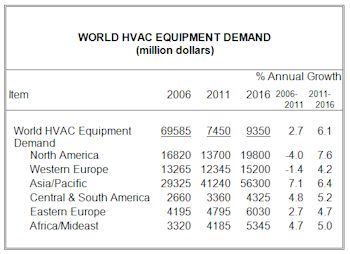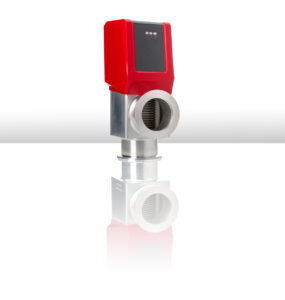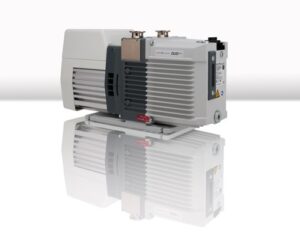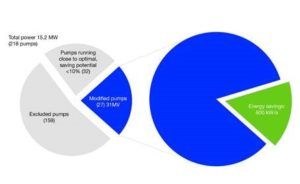Global Demand for HVAC Equipment to Reach $107 Billion in 2016
Global demand for HVAC equipment is projected to rise 6.1 percent per year through 2016 to $107 billion.

Freedonia Group
This growth rate is an acceleration from the gains of the 2006-2011 period, reflecting in part the reduced 2011 bases of the developed countries as the global recession of 2009 restrained construction spending and reduced access to financing.
Economic recovery and the corresponding improvement in construction activity in several key markets, particularly the large US market, will aid gains through 2016. These and other trends are presented in World HVAC Equipment, a new study from The Freedonia Group, Inc., a Cleveland-based industry market research firm.
North America is anticipated to achieve the fastest average annual advances through 2016, boosted primarily by the US recovery. Gains in Canada will be slower, reflecting already high penetration rates and construction markets that were less affected by the global recession. Regulations regarding energy efficiency and the use of more environmentally friendly refrigerants will boost sales of HVAC equipment in Western Europe and other developed markets.
Demand growth in the Asia/Pacific region will outpace the global average, increasing 6.4 percent per year through 2016. Four of the world’s fastest growing national markets are in this region, led by India and Indonesia with double-digit annual gains. Rapid growth in building construction spending, along with rising industrialization and per capita incomes, the ongoing modernization of the housing stock, and opportunities arising from relatively low penetration rates, will aid advances. China will post the largest growth, comprising one-third of global demand gains from 2011 to 2016.
Sales of all types of HVAC equipment are expected to improve through 2016 from low 2011 bases. Heat pumps will continue to post the fastest growth, reflecting the lower penetration rate in many markets, as well as the ability of these systems to provide both heating and cooling capabilities, and to offer greater energy efficiency than most other cooling systems. Demand for unitary air conditioners is also projected to post above average gains globally, particularly in markets with strong nonresidential construction activity.
Source: Freedonia Group






